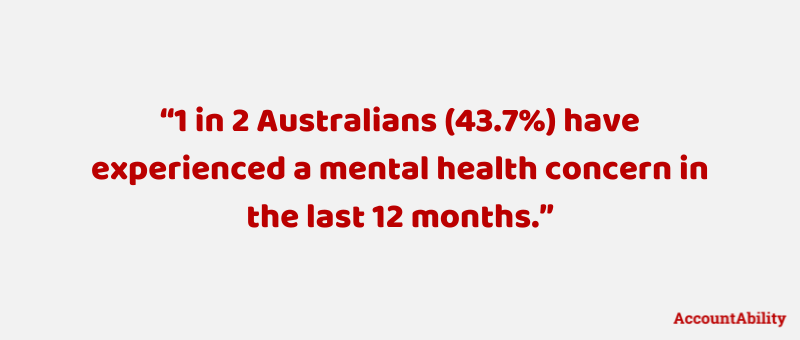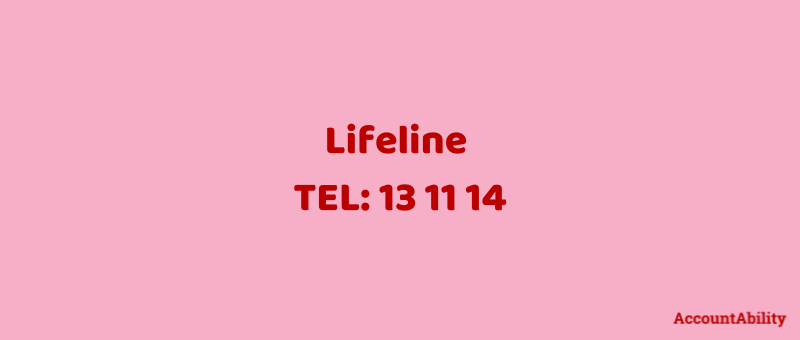International Men’s Day is celebrated on Sunday 19th November and is an opportunity to highlight positive role models and raise awareness of men’s well-being. This year's theme is zero male suicide. 452,000 men die every year to suicide. One suicide is one too many but together we can work towards zero male suicide.
Today I wanted to take the opportunity to discuss mental health from my own experience, both as a father and as a leader within Ambition. I also want to share some of the initiatives and tools we have implemented at Ambition, in the hope that it may remind others that help is out there.
COVID, lockdowns and the world changing forever
In recent years we have gone through a tremendous shift in the way we work. Overall, from my experience, I believe that this has been a positive shift.
Working from home policies are more commonplace and organisations are looking at a holistic approach to retaining their employees through engagement in meaningful, purpose-led work. Wellbeing has become a hot topic in organisations and is a key to attracting and retaining staff currently.
However, there have obviously been some negative byproducts of the Covid lockdowns such as isolation and burnout due to lack of separation between work and personal life.
The introvert in me
As a self-confessed introvert, I must admit, the idea of working from home - on my own day in and day out seemed like a dream come true. But then I found the feelings of isolation kicked in and not knowing where to turn or whom to talk to made me feel stranded and isolated.
This led to conversations within our leadership group about how we can tackle this issue for our employees and how we can ensure everyone has access to help if needed.
Start with talking
As part of the leadership team, I am constantly learning about mental health so I can better support those around me. We try to implement new ways to make ‘work-life’ a safe space for all employees and to open up the conversations around mental health in the hope that it reduces stigma, and makes others feel free of judgement to talk when they need to.
However, not everyone feels that they can share their feelings or talk freely about their troubles at work.
This is concerning, as a recent survey has indicated that almost 1 in 2 Australians (43.7%) have experienced a mental health concern in the last 12 months, and only 35% of people who believe that they suffer from mental health issues go to seek help.
Therefore, I wanted to highlight some of the tools and initiatives we have available in our business that you could implement in yours.
Some of the current tools we have available are:
Employee Assistance Program
Regular sessions with a nutritionist
Breathwork sessions - quarterly
Group exercise activities - quarterly
2 x Mental health officers in each office

Communication and improvements
Whilst having access to a variety of tools is great, we have to also look at ways in which we communicate. Everyone is different, and not everyone is keen to talk about this face-to-face, so we need to look at alternative means of communication. Sometimes phone calls or even text conversations are easier.
I have found the key here is being non-judgemental. Putting my personal feelings aside and just being present, to show that I actually care for them as a person.
Helping consultants to find the balance between a high-pressure job and how to manage stress effectively is a challenge in recruitment. The ‘champagne and razorblades’ philosophy is annoying but all too true in many circumstances.
Finding time for yourself will allow you to maintain a better balanced and level-headed approach in life. This will not only improve your quality of life but will likely elevate your career.
There have been a few things that have helped me manage my mental health such as exercise, spending time with family and talking with family. Such as spending one on one time with my 1 year old son.
A profound initiative
I am pleased to say that Ambition Group also take this seriously. We have many return-to-work parents and I believe that our paternity leave policy is some of the best in the recruitment industry.
Paid leave for 3 or 6 months for primary carers, and as a secondary carer I got 2 weeks off at birth and then an option to spend 3 months working 4 days per week whilst being paid for 5, at any point in my child’s first 18 months.
Our day off together was meaningful for both of us. It was significant for my well-being and being present with him – not having to think about work must have been great for him too. We would spend days in the soft play area, we would go down to the local beach and lagoon to swim, and go on massive long walks where we would stop off at every play park on the way. We would call it a play park crawl, (not the type of ‘crawl’ that either of us is used to mind you). I believe that this is critical to our bond as father and son, for him to know that I am there to support him in his endeavours through life and to accept him for whoever he turns out to be.
Life-saving resources
If you are currently in need of mental health support, please reach out to one of the services below:
Lifeline – TEL: 13 11 14 – https://www.lifeline.org.au/
Black Dog – https://www.blackdoginstitute.org.au/
Beyond Blue - https://www.beyondblue.org.au/
Headspace – https://www.headspace.com

Final words
To reiterate, this is a very delicate topic however we need to keep the conversation open in order to destigmatise it. We need to hold space, without fear of judgement for men and women to share what’s on their minds and to talk about the tools we have in place so everyone is aware of what help they can access, with or without a chat to your boss.
As always, if anyone else knows of other initiatives that are effective in this space then please contact me to share.
%20(2).png)
